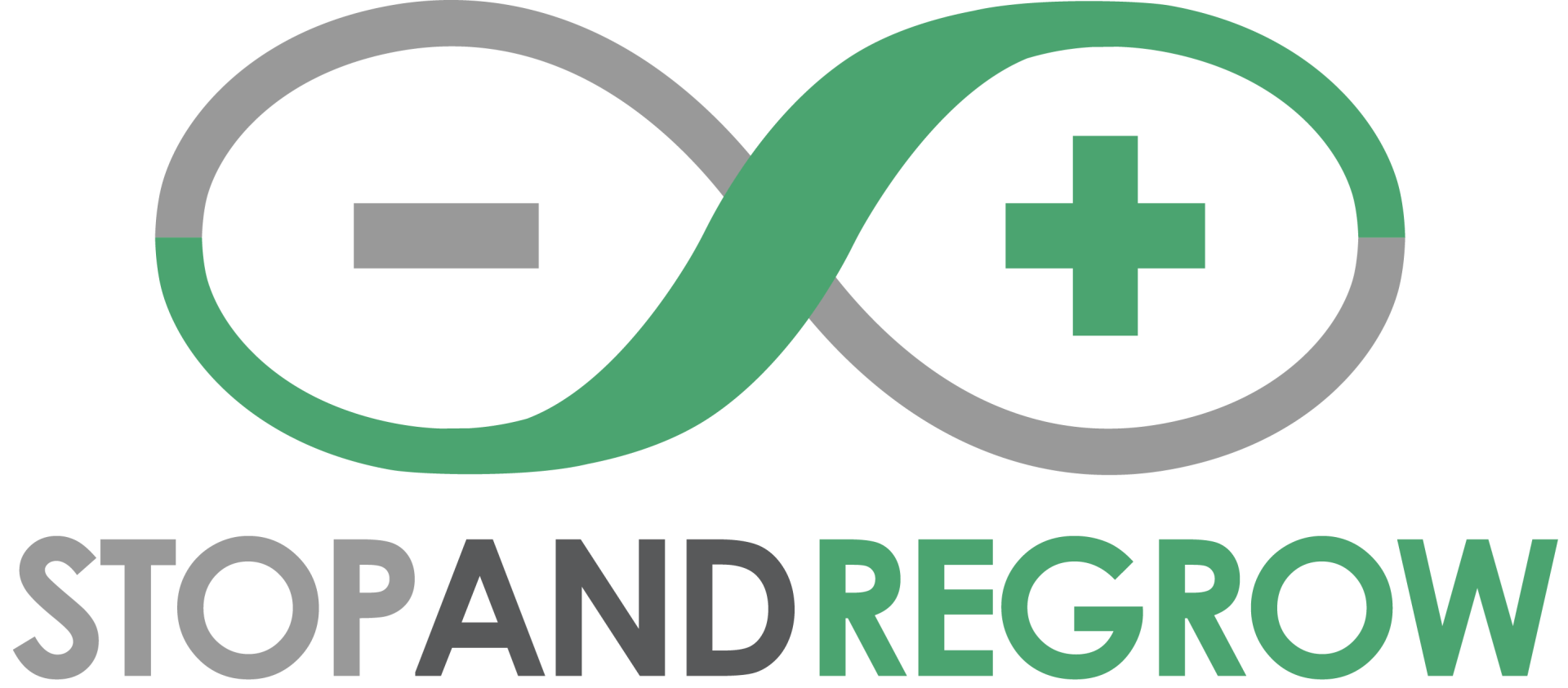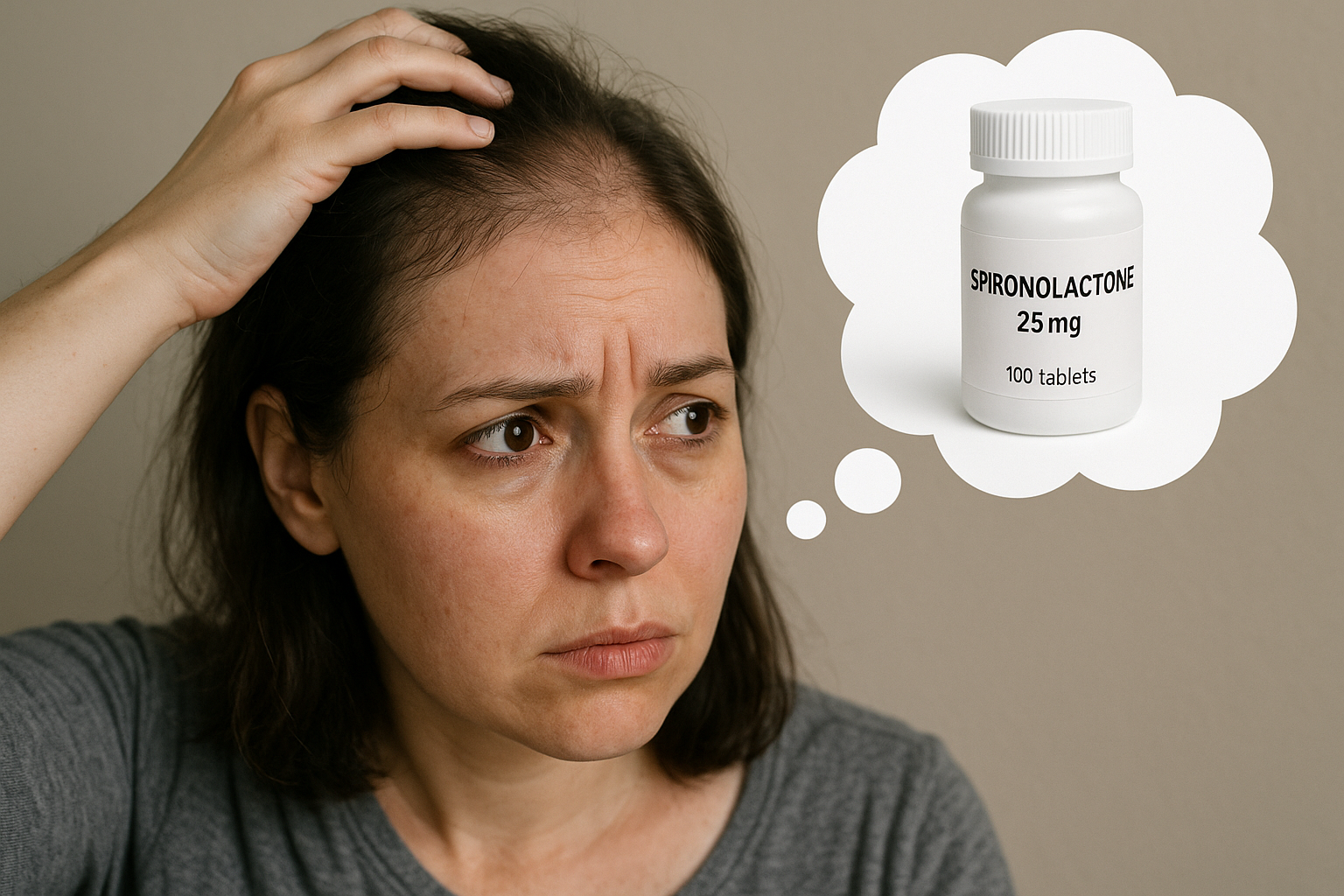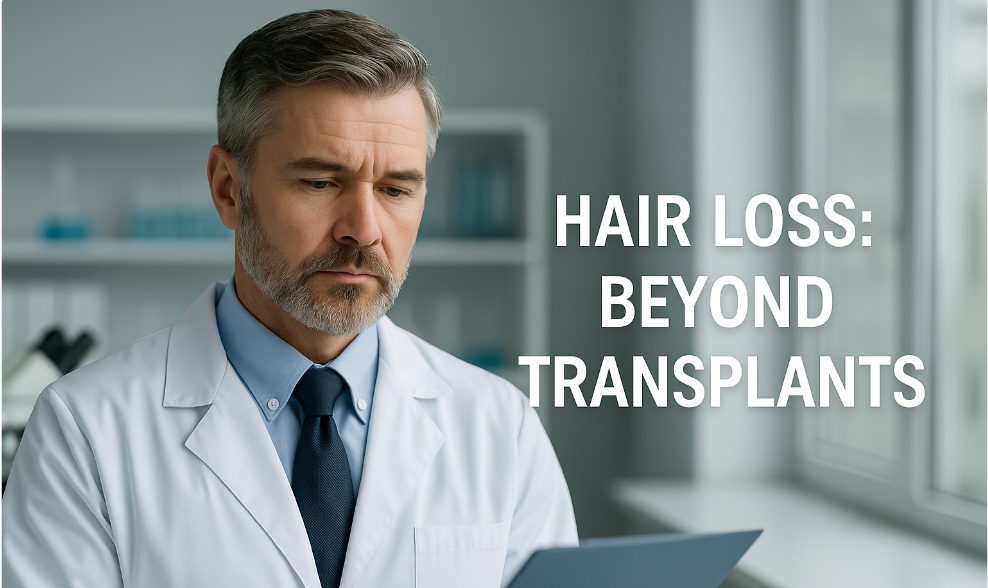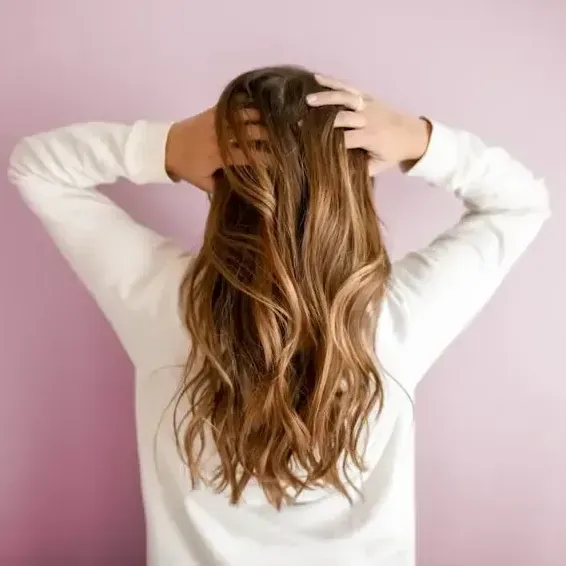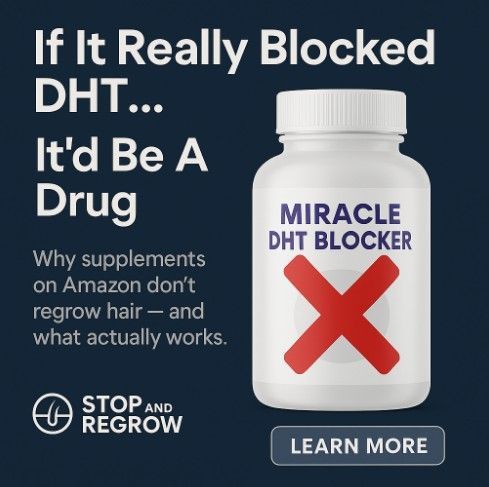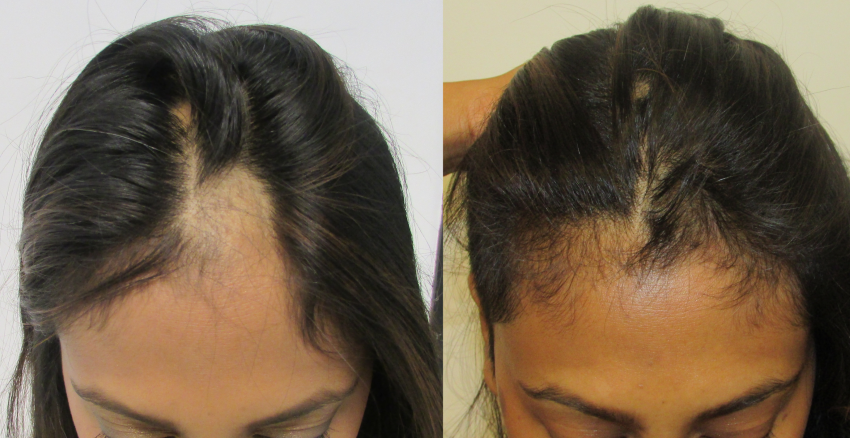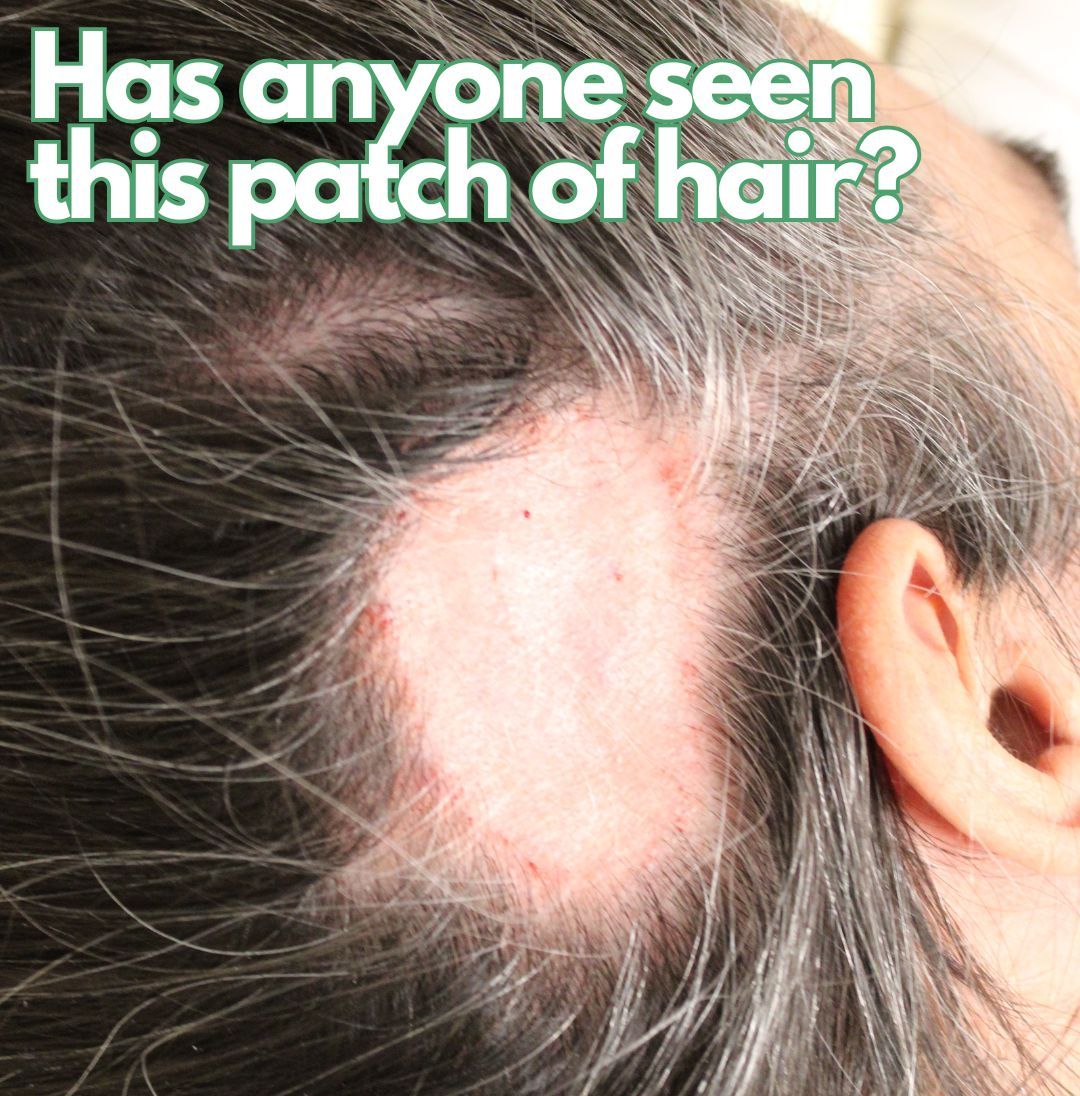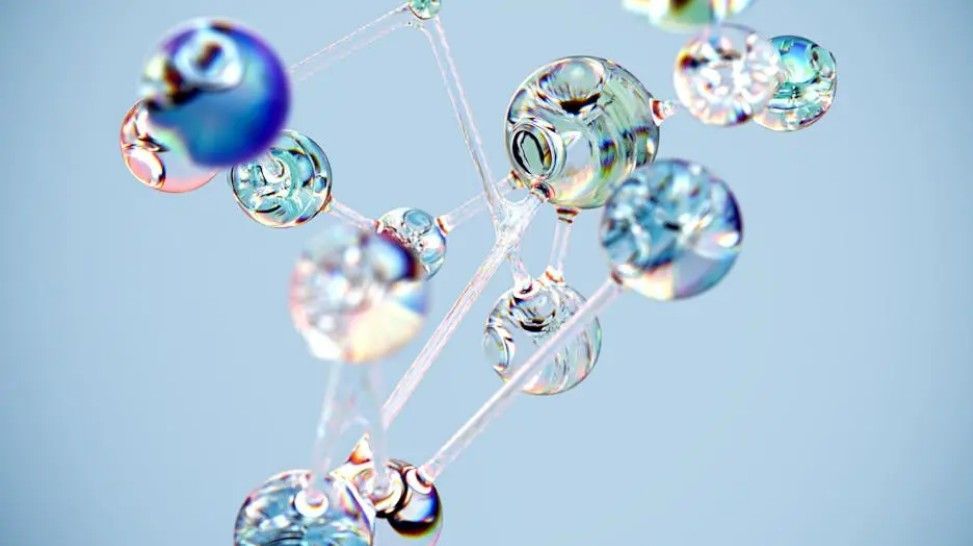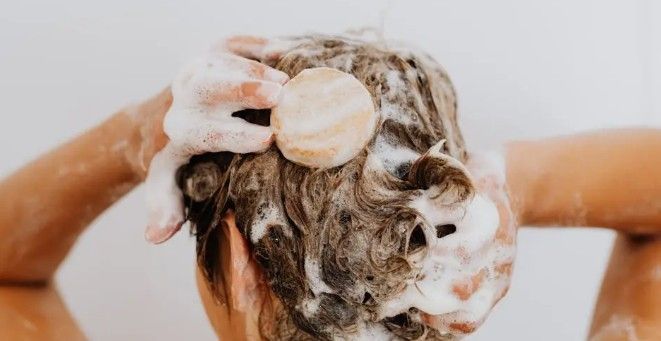What Is PRP?
PRP seems to be the latest buzz treatment or therapy for hair loss, but what is it exactly? And why is there so much hype?
PRP seems to be the latest buzz treatment or therapy for hair loss, but what is it exactly? And why is there so much hype?
Whilst Platelet Rich Plasma was originally “discovered” back in the 70’s, it wasn’t actually used in therapy until 1987 when it was first used in an open heart procedure to assist with recovery. Since the mid 1990’s it has become more common to aid bone healing after spinal injury and soft tissue recovery following plastic surgery. More recently PRP has gained press attention after treatment of sports-related injuries such as the two Pittsburgh Steelers: Hines Ward and Tony Polamalu who used it to speed recovery and return to the field before winning the Super Bowl. Other notable athletes who have been treated with PRP include Tiger Woods, Alex Rodriguez and Olympic gold medalist Donovan Bailey.
In 2005 a notable hair restoration surgeon completed a series of hair grafts in 23 patients, each of which had sections of their hair grafted with and without PRP. One year later there was on average 14% more hair yielded in the PRP enriched areas of scalp than those without and an increase in follicular density 15.7% higher in the PRP treated areas. Y ou can find details of that research published here in the International Journal of Trichology .
What Is PRP?
PRP stands for highly concentrated Platelet Rich Plasma. PRP is sourced from a patient’s own blood, which is taken and then treated in a centrifuge so that only the enriched cells or platelets and essential growth proteins remain. The theory is that these enriched cells and growth proteins can help kick start the healing process of the cells it is applied to and assist them to heal faster.
How Does PRP Work For Hair Loss?
Whilst the main use of PRP in treatment of hair loss has been in conjunction with transplants (like the study cited above), I and others in the field also started to experiment with it to see whether it could treat hair loss without surgery.
In order to treat hair loss, the PRP is injected into the scalp of the areas to be treated. The theory is that the enriched cells and growth proteins will stimulate and reinvigorate the hair follicles and encourage growth. Kind of like a stronger faster acting version of Rogaine.
Whilst I did see some success with this treatment, as have others, that success was achieved by injecting PRP to affected areas every three (3) to four (4) months. As you might imagine, injections into your scalp are painful and PRP therapy is in fact very painful. So much so that many patients opt for a local or even general anesthetic to avoid the pain.
The biggest draw back from my perspective (besides the pain and expense – at $800-$1100 per treatment it’s not cheap) is that PRP is not the cure for hair loss everyone is hoping for. While it can help stimulate hair growth, it does not stop the underlying causes of hair loss and so eventually will lose the battle and stop working - just like every other growth only treatment regimen.
As you are aware as your hair loss progresses, the affected areas increase. 50% of men will lose 50% of the hair on their heads by the age of 50. Given that PRP works only to stimulate healing and potentially growth, and that it does not stop the DHT which is the root cause of hair loss, this of course makes perfect sense.
In summary the main takeaways regarding PRP therapy for hair loss are as follows:
· Works to kick-start hair growth in ailing hair follicles
· Required to be injected to affected areas on a regular basis (every 3-4 months)
· Extremely painful and also expensive ($800-$1,100 per treatment)
· It’s effect will eventually be overtaken by the DHT which is causes the thinning and hair loss of hereditary hair loss
Final note: To date there have been no clinical studies completed and the FDA has not approved PRP therapy.
Find out how I took what I learned from PRP therapy to create a
better solution than PRP in Stop and ReGrow
To learn more about PRP, hair loss and whether Stop and Regrow will work for you. request a complimentary phone consultation using the form below.
